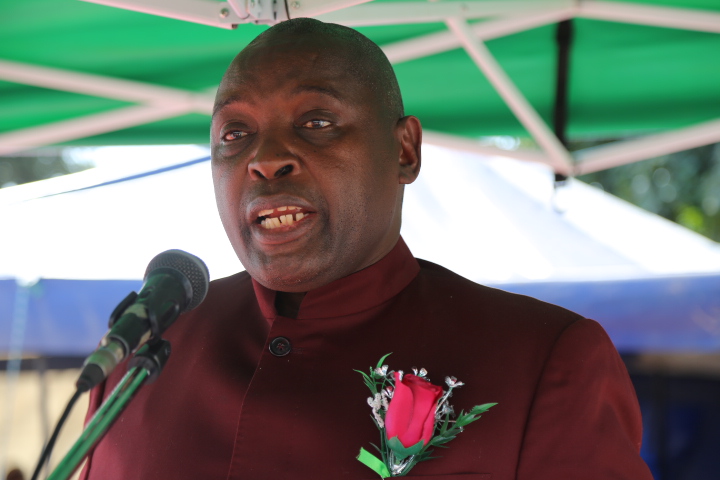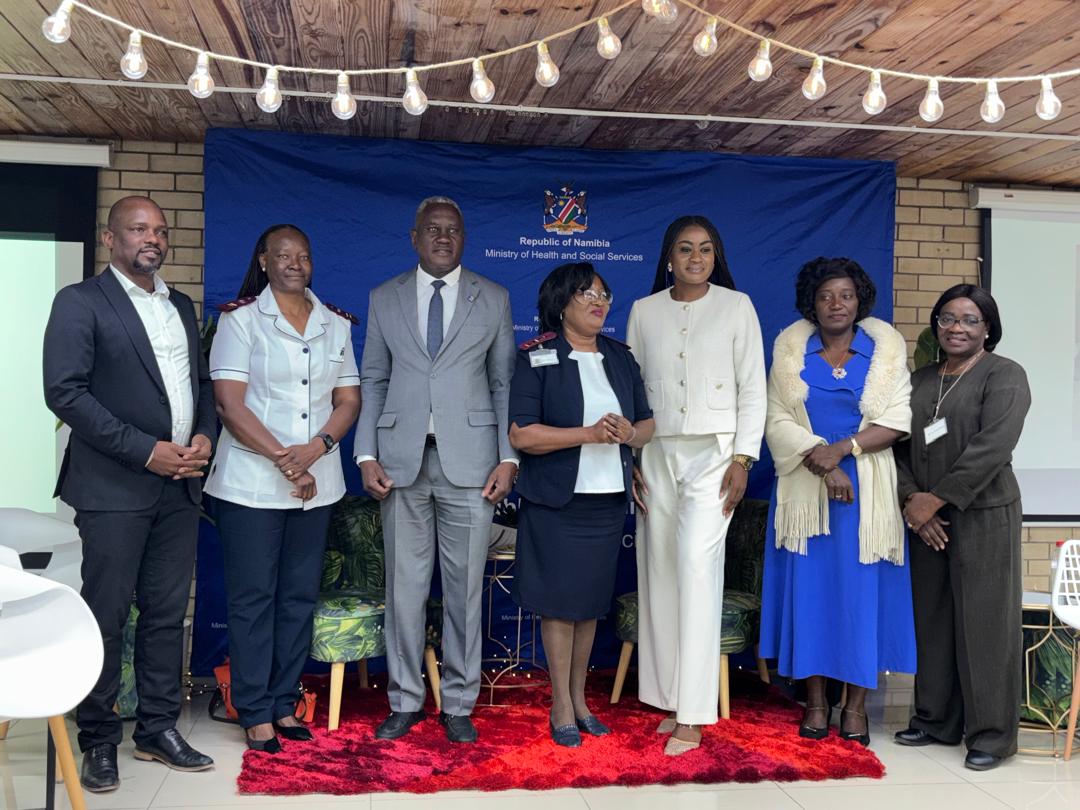ONE of the mainstays of South African apartheid policies prior to Namibian Independence in 1990, was what were termed the second-tier, ethnic or Bantustan authorities. It was also one of the key targets of the liberation movement which advocated one Namibia, one nation, and the elimination of the divide-and-rule tactics of the Pretoria regime.
The SA regime used these group divisions effectively in perpetuating their racial policies, dividing groups both in ethnic terms and geographically (Odendaal Plan).Much of the resistance to apartheid rule mirrored the antipathy of Namibians towards segregation, made largely possible through the compartmentalisation of the various ethnic groups.It was nearly two decades ago that Independence forged a unitary state in an attempt to move away from the racial divisions of the past.And unless something is done soon to halt the proliferation of what are now euphemistically known as traditional authorities, Namibia will be living out the dream of the apartheid regime.Already in Parliament this week, the Minister of Local Government, Jerry Ekandjo, has expressed concern about the mushrooming of these authorities, calling for urgent reform of this sector. The endless applications for recognition, he said, posed an immense challenge for Government. Among other things Ekandjo called for the introduction of mechanisms that would control recognition of new traditional authorities, which in turn would minimise, he maintained, the further fragmentation of the country’s population.Each traditional authority is allowed representation in the Council of Traditional Leaders, which currently stands at 94, meets once annually and whose function is unclear except to advise Government on matters cultural. Already the bloated size of this body, according to Ekandjo, is making it increasingly difficult to hold regular meetings, and so clearly something needs to be done.Not least of all is the cost of this exercise, with N$37,6 million going towards the ‘co-ordination’ of the traditional authorities.Presently there are 47 recognised traditional authorities in Namibia and 14 people in each receive a monthly allowance from Government. This in turn means that Government pays the allowances of some 658 traditional representatives. Another five were recognised in the 2008/9 financial year.Other requests for recognition are still pending, with among others the Mureti and Hoveka royal houses still waiting for approval.Things could soon become ridiculous – with even obscure families claiming some kind of recognition – if something is not done regarding this proliferation, which also adds to Government’s financial burden, and in turn that of the taxpayer, for apparently little good reason.The problem for the Government in general and the Ministry of Local Government in particular of course, is just how to stem the tide without offending cultural sensitivities. In a sense Government has created a monster that they do not now know how to deal with.It was recently announced that 47 4×4 vehicles had been purchased for the traditional authorities, and they will continue to bleed our national treasury until something is done to stop it.And to continue in the vein we started this editorial, an independent nation, committed to a unitary state and the one-Namibia, one-nation policy, is now left with a dilemma as to how to stop something they themselves started, with a clearly political agenda at times to bring those traditional groups within the orbit of the ruling party!So whereas we fought apartheid’s creation of Bantustan governments, we are now responsible for creating the same in an independent Namibia, and it is high time that this ceases.It is obvious that out of the major cultural groups in Namibia (and we do have a highly pluralistic society in any case) more and more sub and splinter groups of these and others, will now demand recognition one after the other. And it is already clear that some of these are doing so with no better reason than to quality for Government allowances and subsidies!Our Government cannot continue to give charitable handouts to traditional authorities that are increasing in number by the day; war veterans and kids; not to mention the bailouts for parastatals and other State-owned businesses that would go belly-up if they didn’t get the funding.This matter should not be simply forgotten when the Budget debate is over. Government owes it to all its people, including those not benefiting and/or not represented by so-called traditional authorities, to tighten up control with immediate effect.
Stay informed with The Namibian – your source for credible journalism. Get in-depth reporting and opinions for
only N$85 a month. Invest in journalism, invest in democracy –
Subscribe Now!










